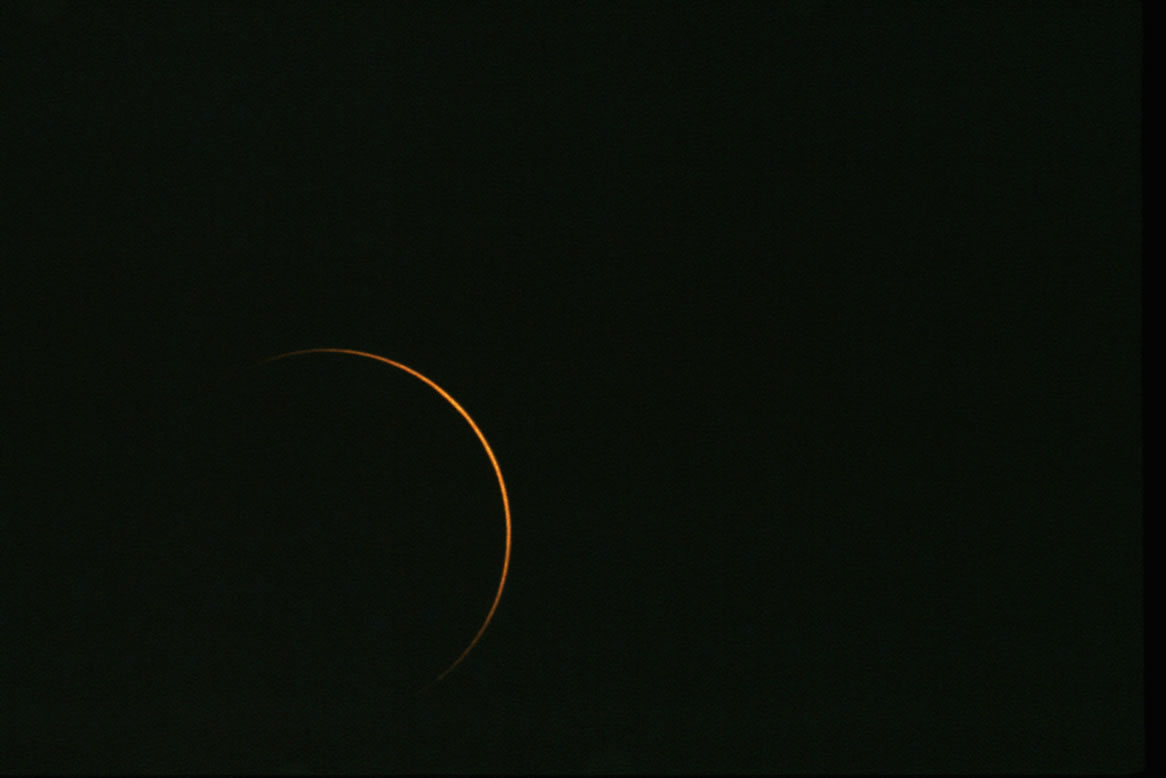
A tribute for one of my favourite professors who is retiring. I have spent far too long on this, and it just keeps getting wordier. Any suggestions between now and tomorrow on how to make this more active and less wordy--and any grammatical suggestions from those of you who speak Hausa will be much appreciated!
Malama,
Zan bud’e da karin magana: “bayan wuya, sai dad’i.” Kuma “bayan aiki, sai hutu.” Ko da yake bana son rabuwarmu, ina jin farin ciki da za ki iya ki huta daga yawan aiki, da tafiyar nan da can, daga Madison zuwa D.C., daga D.C. zuwa Madison, kaza, kaza, kaza!
You’ve often told the story about how you took your first Hausa class because you needed a language and it fit your schedule. Now you are retiring from a career spent building up studies of Hausa language, literature, and culture. In some ways your serendipitous encounter with Hausa was like mine. I started taking Hausa because I already knew “Yaya aiki?” and “nawa nawa ne?” I thought of Hausa as a requirement to fulfill so that I could get on to the bigger and more important task of writing about contemporary Nigerian writing in English... And perhaps that’s where it would have ended if I hadn’t been lucky enough to have you as my Hausa professor.
You have been the person who has encouraged me the most here at ***—advising me to take the FLAS to study Hausa at SCALI that first summer instead of going to Middlebury for French, encouraging me to apply for the second FLAS in Sokoto. I came back from Sokoto excited about Hausa, but it was your Verbal Stylistics class that gave me the theoretical tools to think seriously about Hausa literature and your Hausa Literature in Translation class that gave me the foundation to build upon. I learned more while TA-ing for that undergraduate class than I have in many graduate-level courses. (You were so generous in grading all the papers yourself and giving me the liberty to do what I wanted with my sections. It was more of weekly learning opportunity for me than a job!) You’ve taught me to look at layers of meaning, to plunge below the surface of a text to the metaphor beneath, a move that parallels my own encounters with Nigeria. Growing up there, I felt that I was floating on the surface of several indistinct cultures. I assumed that, as an expatriate, I would never be able to go much deeper than I already had. But learning Hausa revolutionized my experience of Nigeria. It was like tuning a radio: where I once heard static, I could now hear the jokes—understand the laughter.
Beyond the ways in which you helped me access Hausa, I will always remember your sensitive and calm advice; your irreverent asides; your invitation to give guest lectures in your classes and the encouraging feedback afterwards; the special practice session you set up before I presented at ASA; how you read through all my rough translations and figured out obscure references and proverbs; how you watched all those Hausa films with me, even when you were tired from a cross-country trip; those walks down **** after we discovered how close we lived together; and the bad-weather taxi rides (which you always paid for) with the chatty drivers who kept getting lost. I’ll also remember your diplomatic assistance with wahallar sashenmu and your amazing generosity in paying for the Graduate Student Colloquium pizzas for an entire semester. Every time I open a book from the incredible library you’ve bestowed upon me, I will miss you.
I’ve loved reading through the tributes alumni have sent in because it puts into perspective the layers of scholarship you have impacted—how the kind of influence you’ve had on my life has been multiplied many times over. Dr. Maikud’i Karaye in Kano said that they used to call you mutuniyar kirki, and wallahi, gaskiya yake magana. Ke mace mai kirki ce. Kina da gasikya da amana da karamci da hakuri da hankali da kunya da ladabi da mutunci. Hausawa suke cewa: abin da babba ya hango yana zaune, yaro ko ya taka tsani ba zai hango shi ba. Na yarda. You have guided so many of us so wisely. You have been more than a professor, a TA supervisor, or a language instructor; you are the person on whom we will model our own future scholarship and teaching. I will miss you very much
Allah ya yi miki albarka. Ki huta lafiya,
Ni ce,
Talatu
Zan bud’e da karin magana: “bayan wuya, sai dad’i.” Kuma “bayan aiki, sai hutu.” Ko da yake bana son rabuwarmu, ina jin farin ciki da za ki iya ki huta daga yawan aiki, da tafiyar nan da can, daga Madison zuwa D.C., daga D.C. zuwa Madison, kaza, kaza, kaza!
You’ve often told the story about how you took your first Hausa class because you needed a language and it fit your schedule. Now you are retiring from a career spent building up studies of Hausa language, literature, and culture. In some ways your serendipitous encounter with Hausa was like mine. I started taking Hausa because I already knew “Yaya aiki?” and “nawa nawa ne?” I thought of Hausa as a requirement to fulfill so that I could get on to the bigger and more important task of writing about contemporary Nigerian writing in English... And perhaps that’s where it would have ended if I hadn’t been lucky enough to have you as my Hausa professor.
You have been the person who has encouraged me the most here at ***—advising me to take the FLAS to study Hausa at SCALI that first summer instead of going to Middlebury for French, encouraging me to apply for the second FLAS in Sokoto. I came back from Sokoto excited about Hausa, but it was your Verbal Stylistics class that gave me the theoretical tools to think seriously about Hausa literature and your Hausa Literature in Translation class that gave me the foundation to build upon. I learned more while TA-ing for that undergraduate class than I have in many graduate-level courses. (You were so generous in grading all the papers yourself and giving me the liberty to do what I wanted with my sections. It was more of weekly learning opportunity for me than a job!) You’ve taught me to look at layers of meaning, to plunge below the surface of a text to the metaphor beneath, a move that parallels my own encounters with Nigeria. Growing up there, I felt that I was floating on the surface of several indistinct cultures. I assumed that, as an expatriate, I would never be able to go much deeper than I already had. But learning Hausa revolutionized my experience of Nigeria. It was like tuning a radio: where I once heard static, I could now hear the jokes—understand the laughter.
Beyond the ways in which you helped me access Hausa, I will always remember your sensitive and calm advice; your irreverent asides; your invitation to give guest lectures in your classes and the encouraging feedback afterwards; the special practice session you set up before I presented at ASA; how you read through all my rough translations and figured out obscure references and proverbs; how you watched all those Hausa films with me, even when you were tired from a cross-country trip; those walks down **** after we discovered how close we lived together; and the bad-weather taxi rides (which you always paid for) with the chatty drivers who kept getting lost. I’ll also remember your diplomatic assistance with wahallar sashenmu and your amazing generosity in paying for the Graduate Student Colloquium pizzas for an entire semester. Every time I open a book from the incredible library you’ve bestowed upon me, I will miss you.
I’ve loved reading through the tributes alumni have sent in because it puts into perspective the layers of scholarship you have impacted—how the kind of influence you’ve had on my life has been multiplied many times over. Dr. Maikud’i Karaye in Kano said that they used to call you mutuniyar kirki, and wallahi, gaskiya yake magana. Ke mace mai kirki ce. Kina da gasikya da amana da karamci da hakuri da hankali da kunya da ladabi da mutunci. Hausawa suke cewa: abin da babba ya hango yana zaune, yaro ko ya taka tsani ba zai hango shi ba. Na yarda. You have guided so many of us so wisely. You have been more than a professor, a TA supervisor, or a language instructor; you are the person on whom we will model our own future scholarship and teaching. I will miss you very much
Allah ya yi miki albarka. Ki huta lafiya,
Ni ce,
Talatu








